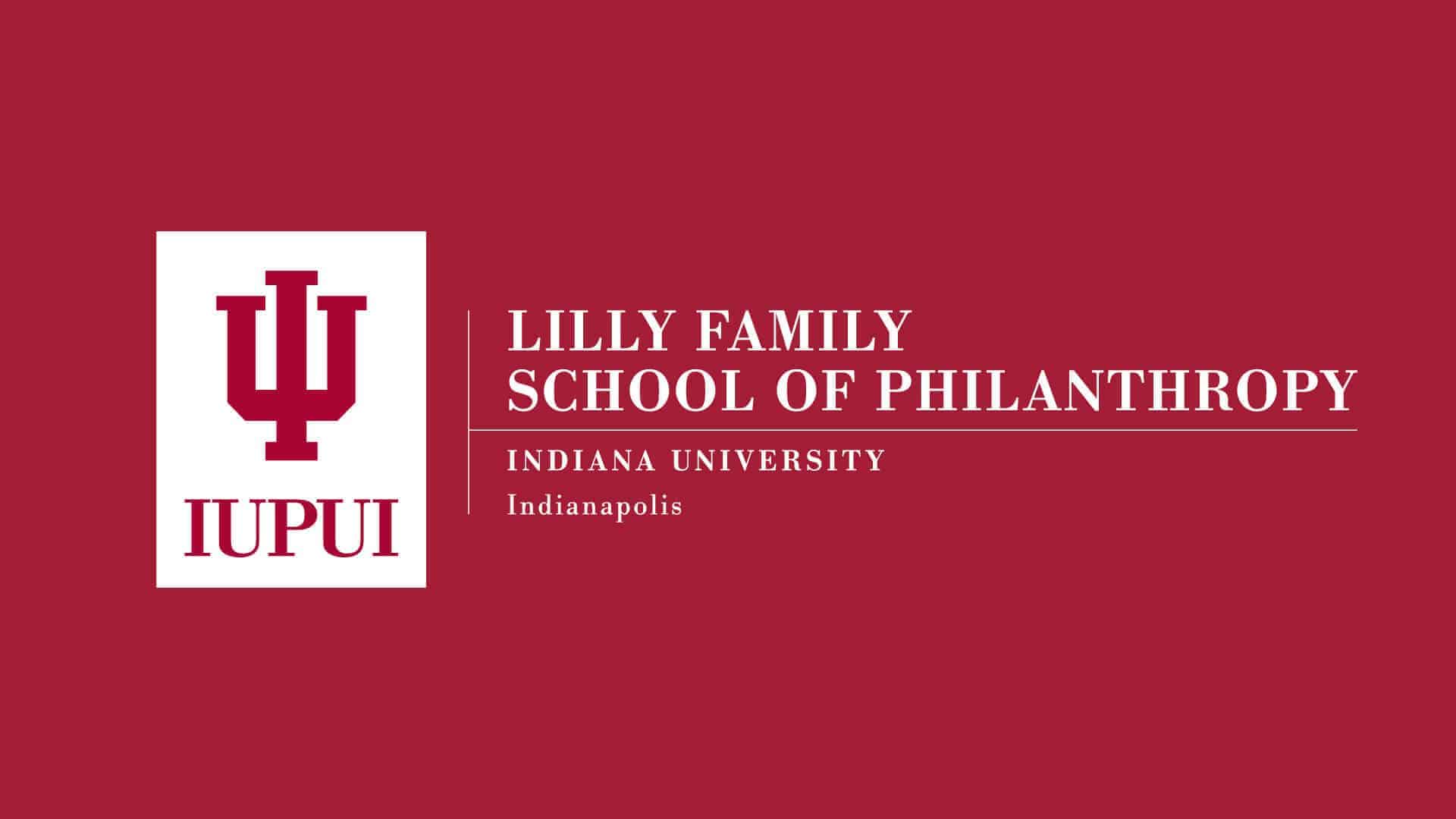As part of the Indiana University Lilly Family School of Philanthropy’s Global Philanthropy Tracker, an article on blockchain use cases in global philanthropy was published. The launch event will take place with the U.S. Department of State’s Office of Global Partnerships.
Download the full report to read the Ayadee Foundation’s article.
What is the Global Philanthropy Tracker?
The Global Philanthropy Tracker (GPT) is a multi-stakeholder initiative that aims to contribute to the achievement of food security and improved nutrition at the global level, by strengthening the capacity of the people who are the experts in the field of food security and nutrition, by making available to them the most up-to-date information, and by enabling them to share their knowledge with each other.
What is Blockchain and How Can It Revolutionize Global Philanthropy
In the past few years, blockchain technology has been making headlines for its potential to revolutionize how the world does business. But the technology has a lot more potential than just making it easier for us to send money to each other or buy and sell products. (And if you think about it, all of these things are just moving money around, anyway, in a much more efficient way.) It can also help solve world problems like poverty, food waste, and climate change.
Some innovative minds are now using the technology to tackle some of the world’s most pressing issues. Ayadee Foundation is one of the organizations that is using blockchain technology to its fullest potential.
It is now being applied in other industries as a transparent, secure database of transactions. In the world of philanthropy, the blockchain could be used to record “giving” transactions, with the end goal of increasing transparency. The blockchain could also be used to trace the origins of food donations, ensuring that the food is not wasted before it reaches its final destination.
Blockchain is essentially a public ledger that records transactions that are updated in real-time across a vast network of computers (a ‘distributed ledger’). This means that every party on the network has access to the up-to-date version of the ledger, so there’s no need for an intermediary to verify the transaction (there’s no need for a bank or notary, for example).

